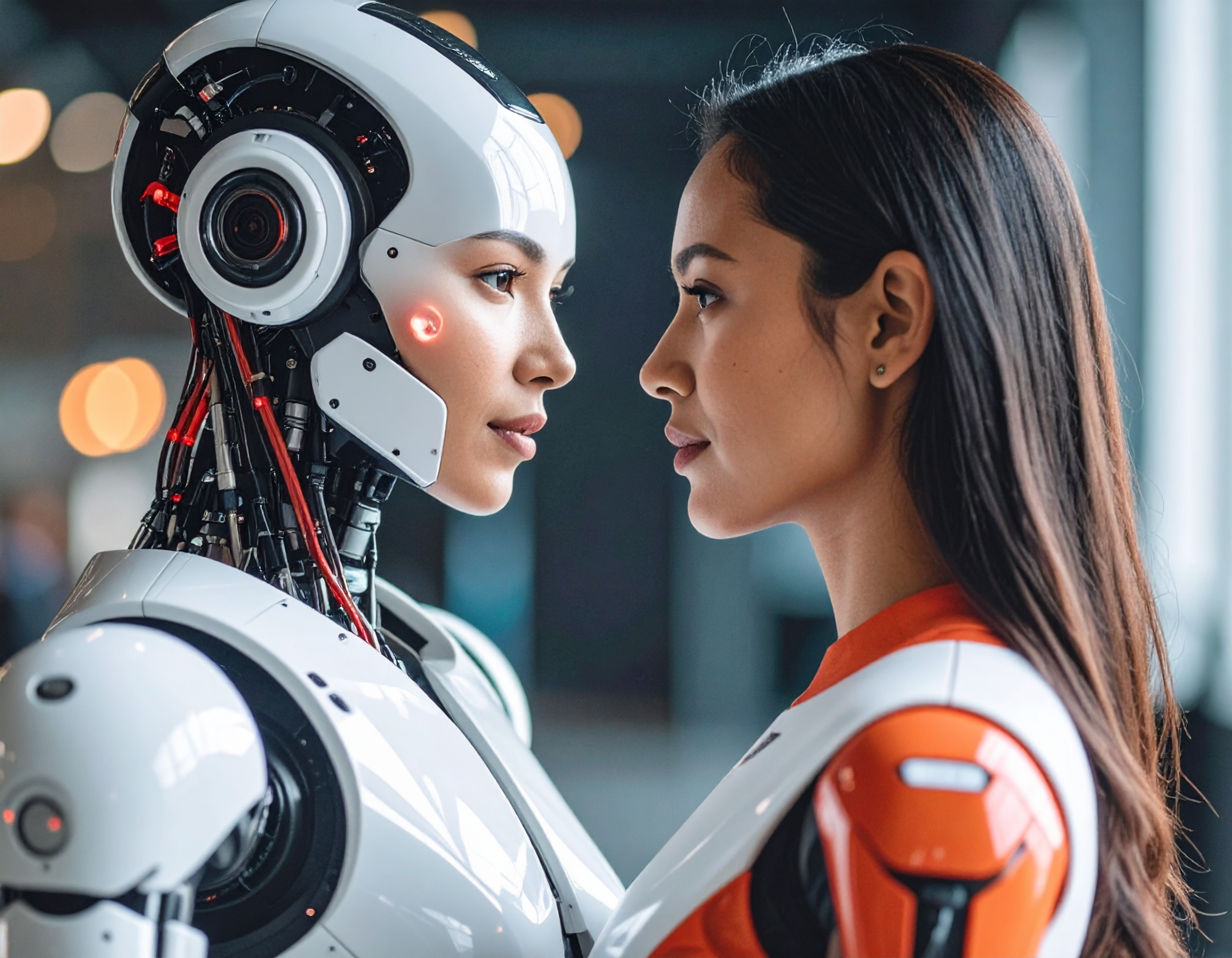Into the Future: The Dawn of Intelligent Agents Reshaping Work Culture

In a groundbreaking development Intelligent Agents have emerged as a transformative force in the modern workplace. This digital revolution, which unfolded recently, introduces a new era where non-human workers, also known as Digital Employees, play a pivotal role in shaping the dynamics of various industries. The significance of this shift cannot be overstated, as it marks a departure from traditional employment models and opens up new possibilities for efficiency and innovation.
One of the most noteworthy aspects of this paradigm shift is the integration of Intelligent Agents into diverse sectors. These digital entities, equipped with advanced algorithms and machine learning capabilities, are now seamlessly handling tasks ranging from data analysis to customer service. For instance, major corporations are deploying Intelligent Agents to streamline customer interactions, providing rapid responses and personalized experiences. This not only enhances customer satisfaction but also frees up human employees to focus on more complex and strategic aspects of their roles.
The rise of Digital Employees is supported by compelling evidence showcasing their ability to outperform human counterparts in certain tasks. Studies indicate that Intelligent Agents excel in repetitive and data-intensive jobs, ensuring unparalleled accuracy and efficiency. This transformative trend has sparked a debate about the evolving nature of work and the potential impact on the job market. While concerns about job displacement persist, proponents argue that this shift allows human workers to engage in more creative and intellectually stimulating endeavors, ultimately fostering a more dynamic and innovative work environment.
As industries continue to embrace the era of Intelligent Agents and Digital Employees, it is clear that the workplace is undergoing a profound transformation. The recent surge in automated workforce integration is a testament to the relentless pursuit of efficiency and innovation. While challenges and ethical considerations persist, the future promises a collaborative landscape where humans and non-human workers coexist, each contributing their unique strengths to drive progress and success. Stay tuned as we navigate this digital frontier together, exploring the opportunities and challenges that arise in the wake of this technological revolution.
Key Highlights:
- Digital Revolution Unveiled: Recent developments in the integration of Intelligent Agents, also known as Digital Employees, have ushered in a new era in the workplace. This digital revolution is rapidly transforming traditional employment models.
- Diverse Sector Integration: Intelligent Agents equipped with advanced algorithms and machine learning capabilities are seamlessly integrating into various sectors. From data analysis to customer service, these digital entities are reshaping the way tasks are handled, offering rapid responses and personalized experiences.
- Profound Impact on Tasks and Efficiency: Intelligent Agents excel in repetitive and data-intensive tasks, ensuring unparalleled accuracy and efficiency. Major corporations are deploying them to optimize customer interactions, enhancing satisfaction and freeing up human employees to focus on more complex and strategic aspects of their roles.
- Debates and Opportunities: The rise of Digital Employees has sparked debates about job displacement and the evolving nature of work. While concerns persist, advocates argue that this shift allows human workers to engage in more creative and intellectually stimulating endeavors, fostering a dynamic and innovative work environment.
- Collaborative Future: Industries are embracing the collaborative landscape where humans and non-human workers coexist, each contributing unique strengths. The future promises a balance where automation enhances efficiency, and human creativity drives progress and success in the evolving digital frontier.
Reference: [1].


